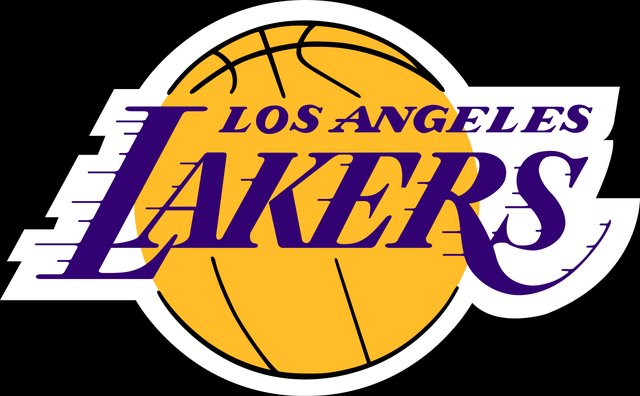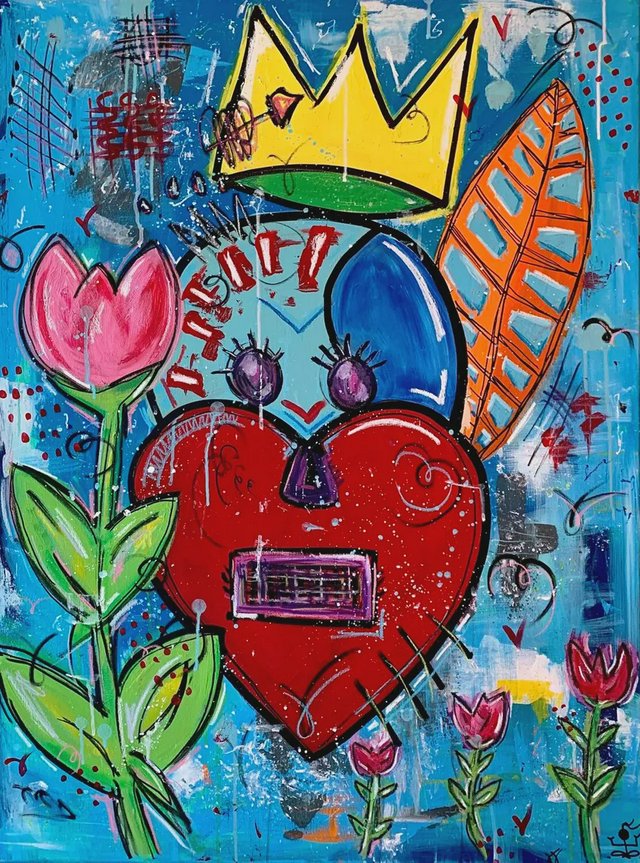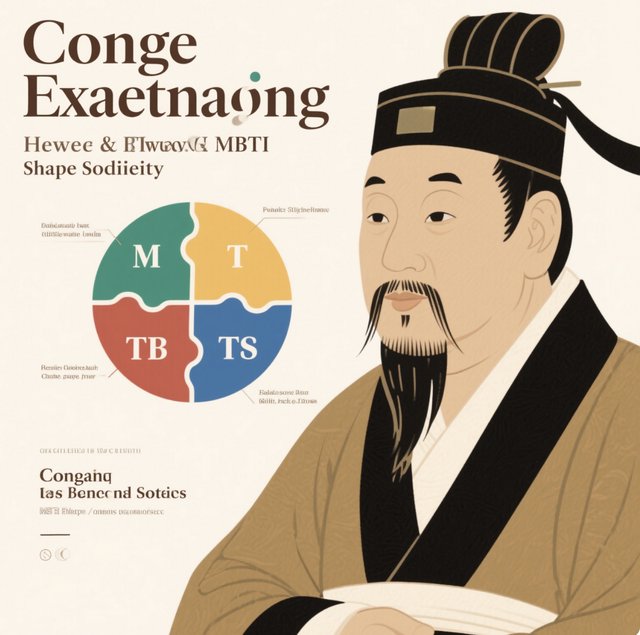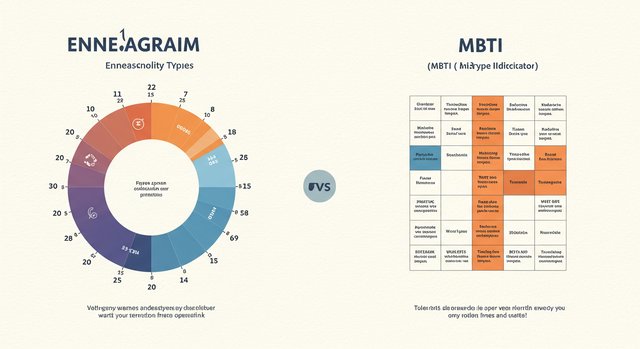How Generation Z Uses MBTI to Guide Their Lives and Entertainment
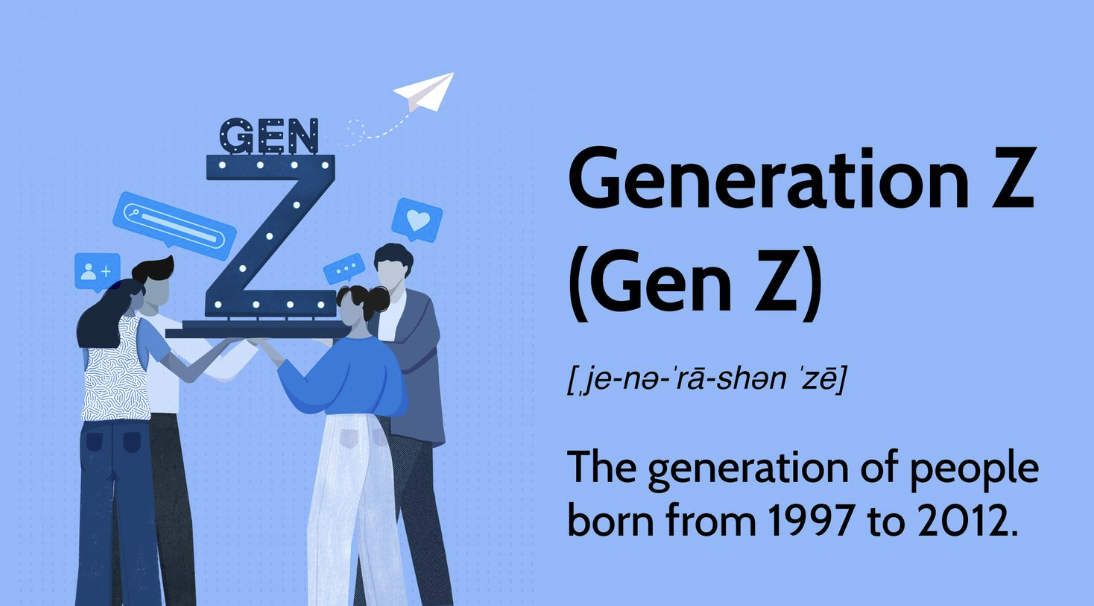
Introduction
Generation Z, born roughly between the mid-1990s and early 2010s, has grown up in an era defined by unprecedented access to information, digital connectivity, and a culture of self-expression. Among the tools they’ve embraced, the Myers-Briggs Type Indicator (MBTI) stands out as a popular framework for understanding personality and navigating the complexities of modern life. This 16-type personality system, rooted in Carl Jung’s psychological theories and developed by Katharine Briggs and Isabel Myers, categorizes individuals based on four dichotomies: Extraversion/Introversion (E/I), Sensing/Intuition (S/N), Thinking/Feeling (T/F), and Judging/Perceiving (J/P). For Gen Z, MBTI is more than a psychological test—it’s a cultural phenomenon, a lens through which they explore identity, relationships, career paths, and even entertainment preferences. This essay examines how Generation Z integrates MBTI into their lives and leisure, highlighting its role as a tool for self-discovery, social connection, and creative engagement.
MBTI as a Tool for Self-Discovery
In an age where individuality is celebrated yet often elusive amidst social media pressures, Gen Z turns to MBTI to anchor their sense of self. Taking an online MBTI test—often through platforms like 16Personalities or Truity—has become a rite of passage for many young people. The results, delivered as a four-letter code (e.g., INFP, ESTJ), offer a concise yet detailed portrait of personality traits, strengths, and weaknesses. For instance, an INFP might discover their tendency toward idealism and creativity, while an ESTJ might embrace their natural leadership and organizational skills.
This process of self-discovery resonates deeply with Gen Z’s introspective tendencies. Growing up with mental health awareness campaigns and access to online communities, they are keenly attuned to understanding their inner worlds. MBTI provides a structured yet accessible way to articulate who they are. A 2022 survey by YouGov found that 48% of Gen Z respondents had taken a personality test like MBTI, compared to 33% of Millennials, reflecting its particular appeal to this cohort. For many, the test isn’t a one-time activity but a starting point for ongoing reflection. They revisit their type, explore cognitive functions (e.g., introverted intuition or extraverted thinking), and even debate whether they’ve mistyped themselves as their personalities evolve.
Beyond introspection, MBTI serves as a practical guide for life decisions. Take career planning, for example. A Gen Z individual typed as an ENTP (“The Debater”) might gravitate toward entrepreneurial ventures or roles requiring innovation, while an ISFJ (“The Defender”) might seek stable, nurturing professions like teaching or healthcare. Websites like 16Personalities offer tailored career advice for each type, which Gen Z eagerly consumes. This generation, often anxious about an uncertain job market shaped by automation and gig economies, finds comfort in aligning their natural inclinations with tangible paths forward.
Social Connection and MBTI as a Cultural Currency
For Gen Z, MBTI isn’t just personal—it’s social. The 16 types have become a shorthand for communication, a way to bond with peers and signal identity in both virtual and physical spaces. On platforms like TikTok, Instagram, and Discord, Gen Zers proudly display their MBTI types in bios (e.g., “INFJ | she/her”) or create content around them. TikTok, in particular, has exploded with MBTI-related trends, from comedic skits like “How Each MBTI Type Acts in a Group Chat” to aesthetic montages pairing types with music and visuals—think moody lo-fi beats for INFPs or upbeat EDM for ESFPs.
This social integration reflects Gen Z’s collaborative spirit. Sharing one’s MBTI type sparks conversations: “Oh, you’re an ENFJ? That explains why you’re so good at organizing our friend group!” It’s a low-stakes way to connect, especially in a generation that values authenticity but often navigates relationships through screens. A 2023 study by Pew Research noted that 62% of Gen Zers use social media to express their personalities, and MBTI fits neatly into this trend. Online communities like Reddit’s r/mbti or Twitter threads dissecting type compatibility amplify this phenomenon, turning MBTI into a cultural currency.
Romantic relationships, too, are influenced by MBTI. Gen Zers often explore “type compatibility” to understand dynamics with partners or crushes. For example, websites like Personality Café list ideal matches—INFJs with ENFPs, INTJs with ENFJs—based on complementary traits. While not taken as gospel, these pairings fuel discussions and memes, like “Why INFJs and INTJs Are Soulmates but Also Drive Each Other Crazy.” Dating apps have even caught on, with some users listing their MBTI type alongside height or zodiac signs, signaling compatibility to potential matches. This blend of playfulness and pragmatism highlights how Gen Z uses MBTI to navigate the emotional stakes of modern romance.
MBTI in Entertainment and Creative Expression
Beyond life decisions and relationships, MBTI shapes how Gen Z engages with entertainment. This generation, raised on streaming platforms and interactive media, loves analyzing fictional characters through an MBTI lens. Online forums like Personality Database allow users to vote on characters’ types, sparking debates over whether Harry Potter is an ISFP or INFP, or if Tony Stark’s bravado marks him as an ENTP or ENTJ. These discussions aren’t just idle chatter—they reflect Gen Z’s desire to connect with stories on a deeper level, using MBTI as a bridge between fiction and self.
This trend extends to gaming, a cornerstone of Gen Z leisure. In role-playing games (RPGs) like Dungeons & Dragons or The Sims, players often craft characters inspired by their MBTI types or experiment with opposites. An ISTJ might design a lawful, detail-oriented paladin, while an ENFP creates a chaotic, free-spirited bard. Gaming communities on Twitch or YouTube amplify this, with streamers analyzing their playstyles through MBTI—say, an INTJ’s strategic approach to Among Us versus an ESFP’s impulsive flair.
Music and aesthetics also intertwine with MBTI in Gen Z culture. Playlists curated for types (e.g., “INTP Vibes” with ambient electronica or “ESFJ Anthems” with pop bangers) circulate on Spotify, reflecting how Gen Z pairs personality with sensory experiences. Visual content creators on Instagram or Pinterest design mood boards for each type—think pastel dreamscapes for INFPs or sleek minimalism for INTJs. This fusion of MBTI with art and media showcases Gen Z’s creativity, turning a psychological tool into a playground for self-expression.
Practical Applications in Everyday Life
In daily routines, MBTI informs how Gen Z approaches challenges and opportunities. Time Management, for instance, varies by type. A Judging type like an ENTJ might thrive on structured schedules, using apps like Notion to plan their day, while a Perceiving type like an INFP might prefer flexible, inspiration-driven workflows. Study habits follow suit—ISTPs might excel through hands-on learning, while INFJs lean toward conceptual deep dives. Gen Zers share these insights in study vlogs or productivity TikToks, often tagged with their types to help others with similar traits.
Mental health, a priority for this generation, also intersects with MBTI. While not a clinical tool, it offers a framework for self-care. An introverted type like an INTP might recognize their need for solitude after social overload, while an extraverted ESFJ might seek community to recharge. Online resources like blogs or YouTube channels (e.g., “Frank James,” a popular MBTI creator) provide type-specific coping strategies, resonating with Gen Z’s proactive stance on well-being.
Even activism, a hallmark of Gen Z’s values, ties into MBTI. An ENFJ might lead protests with charisma, while an INTP researches systemic issues behind the scenes. During movements like Black Lives Matter or climate strikes, Gen Zers have used MBTI humor—“INFPs crying at rallies, ESTJs organizing them”—to lighten the mood while staying engaged. This blending of purpose and personality underscores MBTI’s versatility in their lives.
Criticisms and Limitations
Despite its popularity, MBTI isn’t without critique, and Gen Z is aware of its flaws. Psychologists argue it lacks scientific rigor, pointing to inconsistent test-retest reliability and oversimplified dichotomies. A 2021 article in Scientific American noted that up to 50% of people receive different results on retesting, casting doubt on its accuracy. Gen Zers, many of whom value evidence-based thinking, often acknowledge this—some jokingly call it “astrology for nerds.” Yet, they defend its utility as a starting point for self-awareness, not a definitive label.
Over-reliance is another pitfall. Some Gen Zers pigeonhole themselves or others, assuming an ISTJ can’t be creative or an ENFP can’t be disciplined. This can limit growth, especially in a generation navigating fluid identities. Still, most use MBTI flexibly, treating it as a tool rather than a rulebook, a testament to their pragmatic adaptability.
Generation Z has transformed MBTI from a static personality test into a dynamic framework for living and playing. They wield it to explore who they are, connect with others, and enrich their entertainment, all while balancing its insights with a healthy skepticism. In a world of rapid change—socially, technologically, and culturally—MBTI offers Gen Z a compass, not to dictate their path, but to illuminate possibilities. Whether they’re choosing a career, swiping on Tinder, or debating Darth Vader’s type (INTJ, obviously), MBTI remains a beloved touchstone, blending self-discovery with the joy of shared experience. As this generation continues to redefine norms, their creative embrace of MBTI signals a broader trend: finding meaning in systems, then remixing them to fit their vibrant, multifaceted lives.

